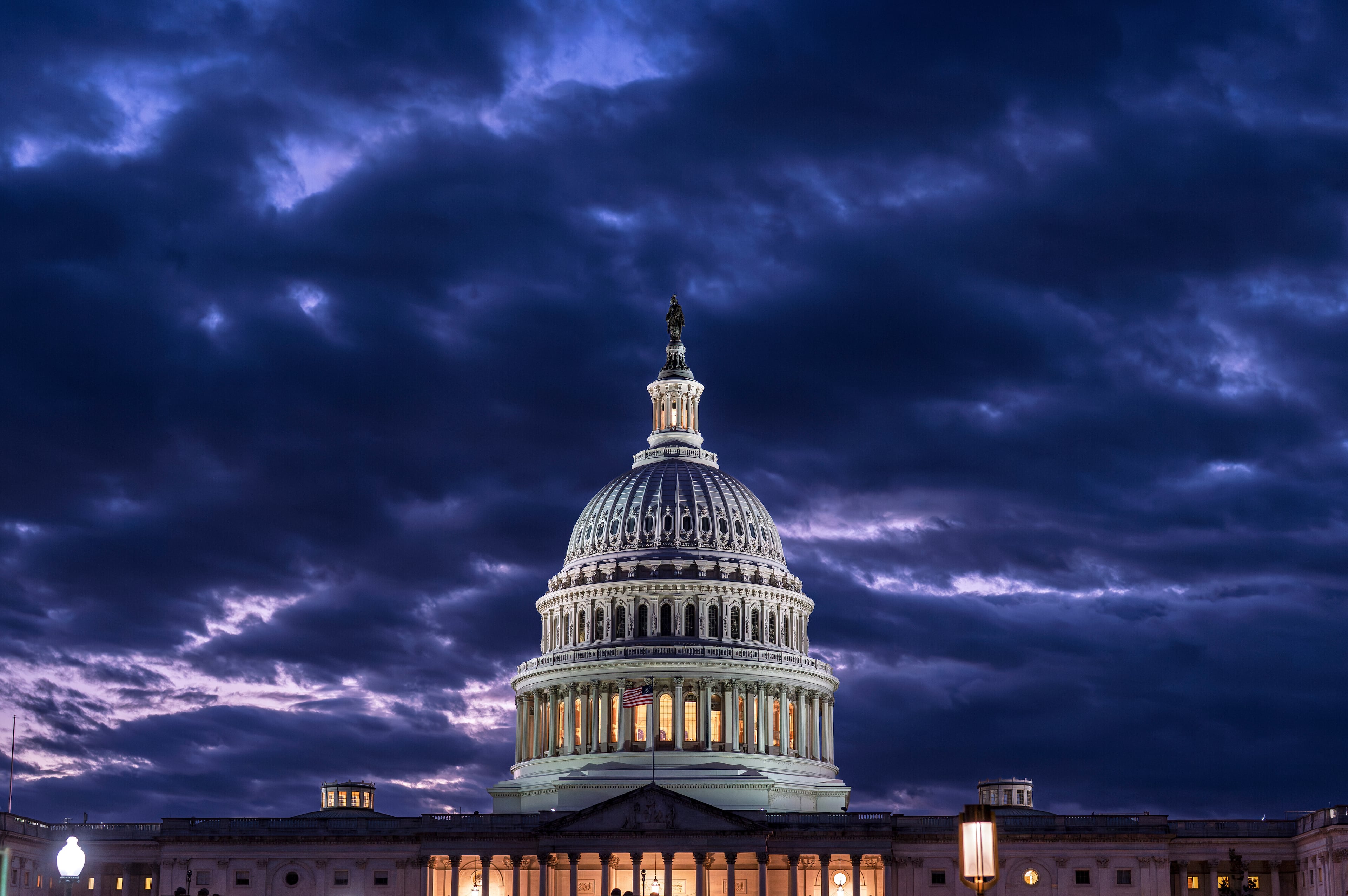Clinic bombing reminds Georgia reproductive health staff that job isn’t safe

Reproductive rights advocates who were gathered at a Planned Parenthood Southeast fundraising gala Saturday said news of a bombing at a California fertility clinic earlier in the day made them think of the violence that has historically been experienced at abortion clinics, including in Georgia.
One person died and four were injured Saturday after a bomb exploded outside a Southern California fertility clinic, which law enforcement officials say was a targeted act of terror.
The person authorities think is responsible for the attack — a 25-year-old man who reportedly had made comments online that police said had “nihilistic ideations” that were “anti-pro-life” — died in the bombing. Clinic officials say none of the eggs, embryos or other materials stored in the facility were damaged.
The attacks made some Atlanta natives recall the 1997 bombing of the Northside Family Planning Services clinic in Sandy Springs that injured six people.
“It’s a reminder that people who work in this space aren’t safe. They constantly have to be on guard for their safety,” said state Rep. Esther Panitch, a Democrat from Sandy Springs. “You’d think the ability to create life would bring people together, but even that tears people apart.”
Even though abortion services were not targeted, Planned Parenthood facilities near the Palm Springs, California, fertility clinics closed Saturday as a precautionary measure.
Jaylen Black, a spokesperson for Planned Parenthood Southeast Advocates, said some of the rhetoric coming from the Trump administration has turned up the temperature among people who take issue with reproductive health topics such as in vitro fertilization and abortion.
“When you have a president that continues to demonize and weaponize everything from reproductive health care to (diversity, equity and inclusion) to immigration, you’re going to continue to see targeted attacks,” she said. “It’s very democratic to disagree on the approaches of things, but it is very un-American to jeopardize people’s lives over differences in how we believe this country should not only be run, but how we believe people’s access to their bodies should look.”
In the years since the U.S. Supreme Court overturned Roe v. Wade, the 1973 decision that guaranteed a constitutional right to abortion, some anti-abortion advocates have turned their sights to in vitro fertilization, or IVF.
The IVF process includes fertilizing an egg that can either be placed directly in the uterus or be frozen for future use. Oftentimes, unused embryos are discarded, given to other people seeking children or donated to science.
IVF has caused a rift in some conservative and anti-abortion circles. There are some who disapprove of the practice, saying the discarding of embryos is discarding life. Others say they don’t think man should play God by creating life.
Cole Muzio, founder and president of the conservative organization Frontline Policy Council, said the person who carried out the bombing was “broken and disturbed” and shouldn’t be used to create a political narrative.
“Those of unsound mind, far too often, are being spurred onward by the angry tones of the supposedly sane, and it underscores the need for our culture to reanchor every discussion to a genuine care for the well-being of our neighbor,” Muzio said.
Muzio has said he does not support IVF in concept, but his organization was not taking steps to limit or outlaw the treatment.
One in 6 Americans who experience infertility turn to IVF, according to the National Infertility Association. Some Georgia and federal Republican leaders have supported allowing access to the treatment to continue.
A 2019 Georgia law that limits when abortions can be given also granted legal rights to embryos — often referred to as “personhood.” However, Georgia’s law specified that the embryo or fetus is an “unborn child” only when it is “carried in the womb.”
Georgia lawmakers went a step further earlier this year by enshrining access to IVF treatment.
The move came after an Alabama Supreme Court opinion last year sent the IVF industry into confusion when it ruled that embryos created using the process were “extrauterine children,” granting them the same rights as any other child in that state.
According to that decision, if embryos are destroyed, it would be considered the “wrongful death of a minor.” Alabama has since enacted a law that extends legal protections to fertility clinics if embryos are harmed.



